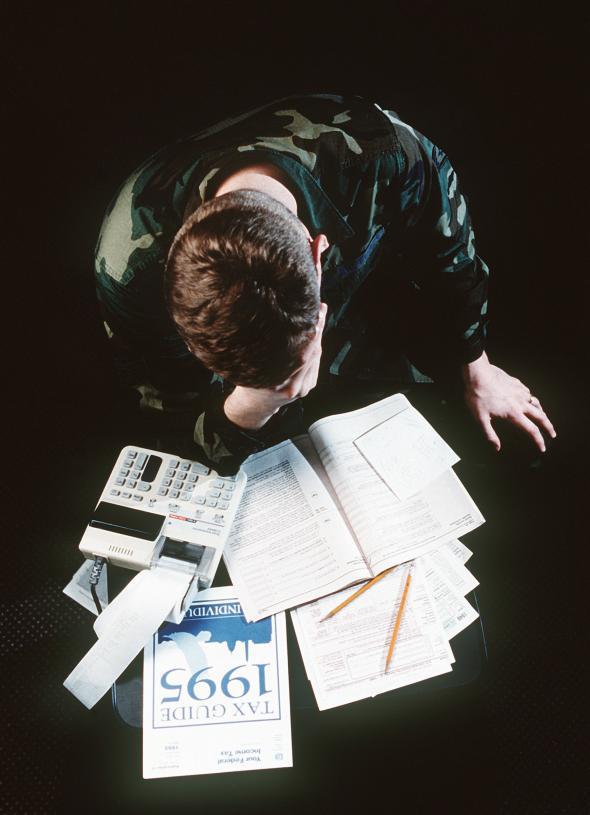Bernie Sanders is only the latest in a string of Democratic insurgents who have mounted primary challenges from the left in recent decades, writes Jamelle Bouie. His coalition fails to qualify as a truly new movement. “Like [Howard] Dean or [Bill] Bradley before for him, Sanders is a factional candidate of ideological liberal Democrats, who are largely white Democrats,” writes Bouie.
The difference between now and then, however, is that, with the collapse of conservative white Democrats in the South and elsewhere, those liberal whites make up a larger share of the party. They provide more fuel for an insurgency. But they’re still not enough to overcome the influence of moderates and stalwart black voters, who form a majority of the party.
Whether or not it’s successful, Donald Trump’s candidacy will mark a significant split between the GOP and the white working-class voters who are supporting him, writes Jacob Weisberg. “Once parties rupture the way the GOP is now doing, only a master of constructive ambiguity like Ronald Reagan or Bill Clinton can paper over their fundamental disagreements,” Weisberg argues. “There is currently no such figure at large in the Republican Party.”
Helaine Olen makes the frankly infuriating observation that our taxes could be a lot easier to file if it weren’t for the interference of tax prep chains and their lobbyists. “H&R Block and its peers have spent millions lobbying Congress—$28 million between 1998 and 2013—in what’s been a very successful effort to keep our taxes tangled,” Olen writes.
In an excerpt from his new book, Frans de Waal asks why we are so quick to assume that we are smarter than apes. “We have trouble looking at animal intelligence by itself, always asking, ‘Mirror, mirror on the wall, who is the smartest of them all?’ ” de Waal writes, pointing to several experiments in which apes have an easier time than humans in carrying out particular tasks of memory and strategy.
Better Call Saul, the follow-up spinoff to Breaking Bad, is just as good as its progenitor. Nay, writes Julia Turner: It’s better. “Better Call Saul takes the style that made Breaking Bad distinctive—the astonishing cinematography, dark comedy, and brashly confident pacing—and elevates it by applying it with more beauty, subtlety, and moral sophistication,” Turner observes. “No matter how glutted their DVRs, the American television-viewing public should be collectively freaking out that a show as great as Better Call Saul exists.”
For fun: Somebody updating a tax list for two wards in early 19th-century Pennsylvania got bored and doodled birds in its margins. Or, did some steward of a tax list allow a child to use it as scrap paper? Either way, the Historical Society of Pennyslvania has the delightful images.
I vote for interpretation No. 1,
Rebecca
